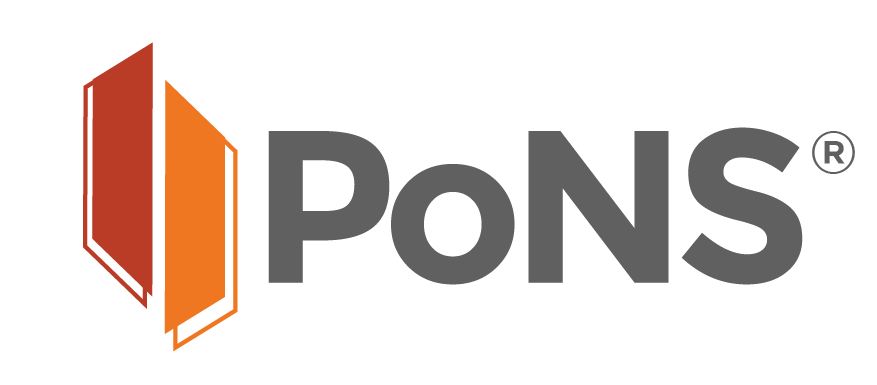Introducing PoNS®
Introducing PoNS, a neuromodulation therapy for people with multiple sclerosis (MS)
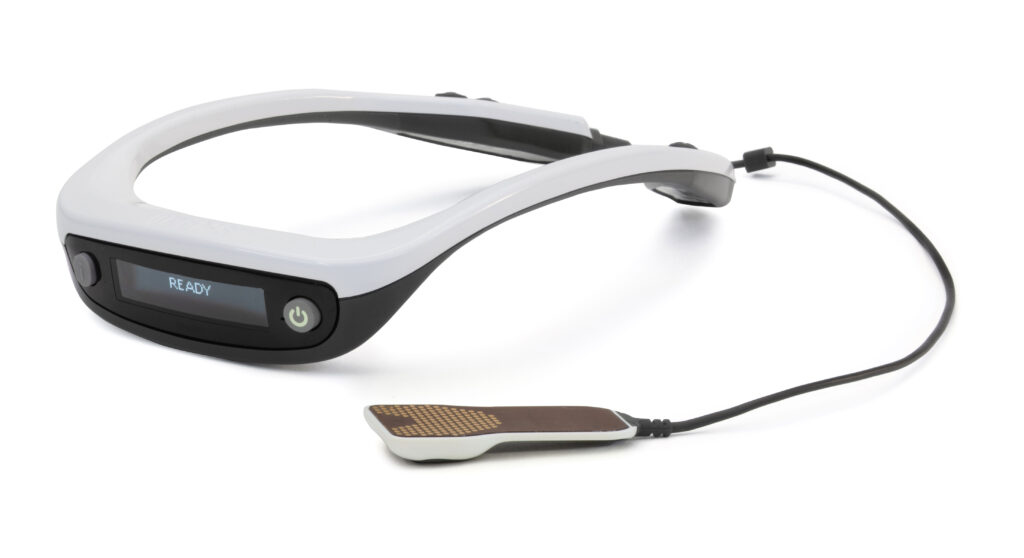
Over 70% of people with MS develop trouble with their gait (ability to walk). This can have a big impact on simple day-to-day activities such as grocery shopping, walking to the mailbox, playing with the kids—even answering the phone on time.
PoNS, short for Portable Neuromodulation Stimulator, is an orally applied therapy delivered by neurostimulation through a mouthpiece connected to a portable controller. It’s used, primarily at home, with physical rehabilitation exercise and improves walking in people with multiple sclerosis. Combined with physical rehabilitation exercise, PoNS significantly improves your gait—to help keep you active and independent.1-3
Individual results and experiences may vary.
Watch how PoNS can help you
Get back in step with life
PoNS FAQs
Is PoNS right for me?

If you have MS and you are having trouble with your gait, PoNS combined with physical rehabilitation exercise improves walking.1-3 Take the assessment to find out if you should talk to your doctor about the benefits of starting therapy with PoNS.
Individual results and experiences may vary.
How PoNS works
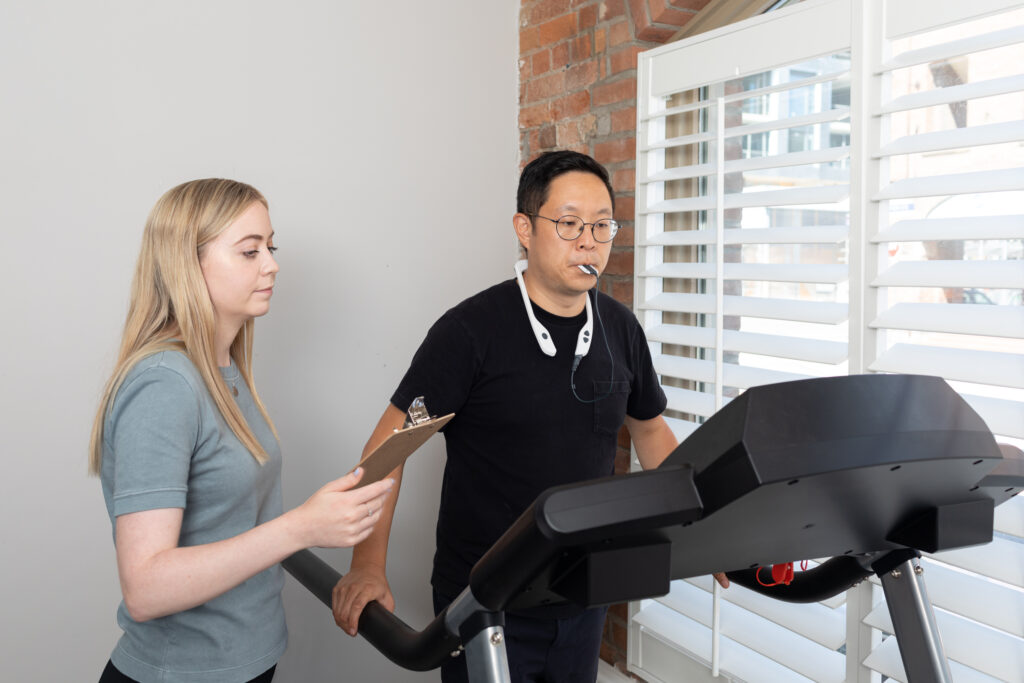
PoNS, short for Portable Neuromodulation Stimulator, is an innovative medical device. It includes a controller and mouthpiece that delivers mild stimulation to the surface of the tongue. This stimulation triggers a flow of neural impulses to the brain structures that control gait. PoNS is to be used in conjunction with physical rehabilitation exercise, referred to as PoNS Therapy®.
Use of PoNS while engaging in movement and coordination tasks promotes neuromodulation and neuroplasticity, activating brain pathways to improve gait.
What to expect with PoNS
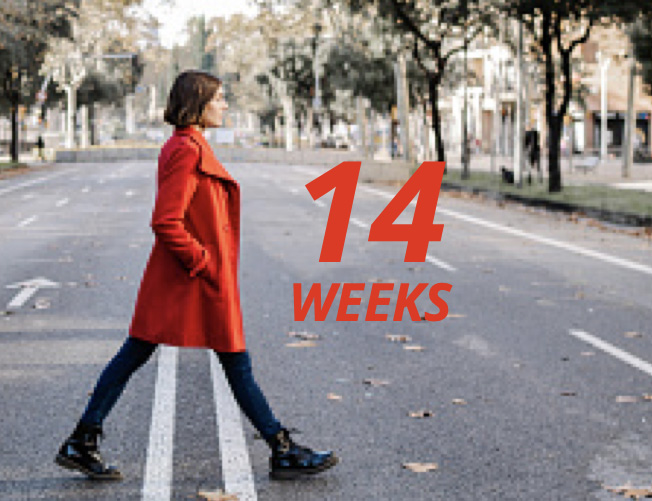
In a clinical trial, individuals with mild to moderate MS and gait deficit who used PoNS along with PT for 14 weeks showed significant improvements in their gait compared to a sham device and PT.
In His Words
“After living with MS since 1999, gait difficulties took away my most valued treasure: quality adventures with my 13-year-old daughter. My focused PoNS therapy helped me improve my walking, and as a result of my improved walking I experienced freedoms such as increased walking speed, endurance, and distance. As a reward for her support and motivation, Rogue and I will vacation in New York City to walk the streets of Manhattan and enjoy our favorite Broadway musicals! Thank you for the experiences I thought were lost forever.”

Michelle C.
“Just three weeks into my therapy, and I can already see a difference! It hasn’t been easy—it’s fatiguing, and you have to keep pushing through—but the progress is undeniable. I’ve had some incredible ‘ah-ha’ moments. One night, as I was walking from the bathroom to the bedroom, I told my fiancé to watch me walk. His reaction said it all: ‘Wow, you’re lifting your left foot and not dragging it anymore!’ Another time, I was heading to the kitchen, a path where I always needed to touch the furniture for support. This time, I made it all the way without reaching for anything. It was amazing! These moments remind me that the hard work is paying off, and I can’t wait to see what’s next.”
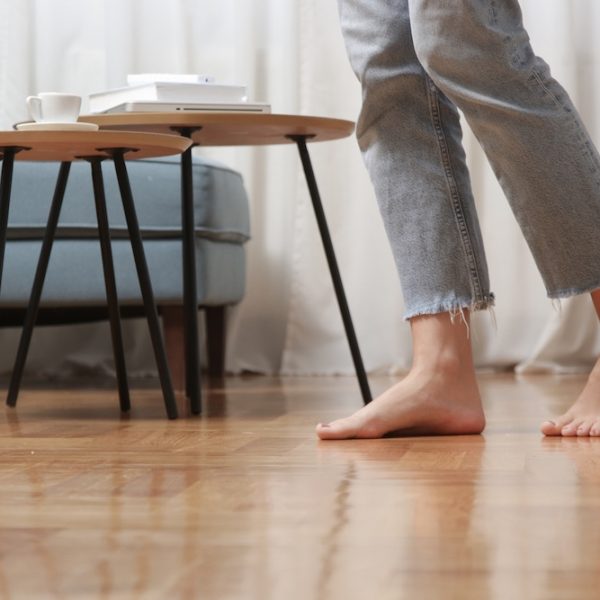
Seeing Progress
“As someone who has had MS for over 40 years, I viewed PoNS® as something to not only expand my rehabilitation routine, but to push me both physically and mentally.”
“While I encountered barriers along the way and progress was slow and steady, my walking with assistance is much better when completing my exercises and daily activities.”
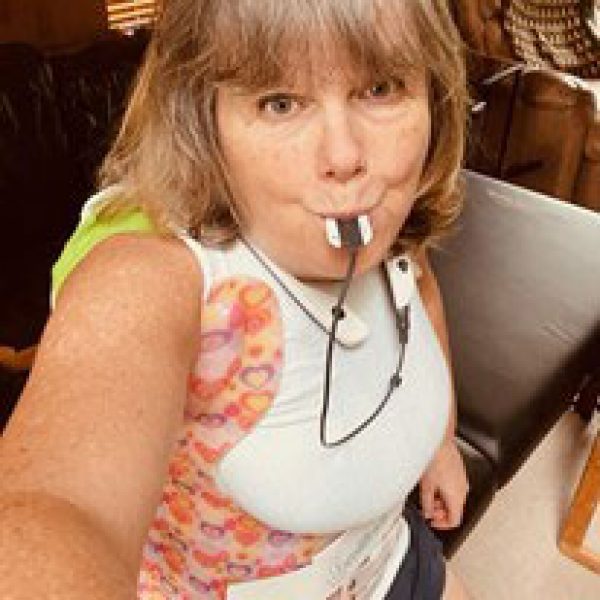
Modified Approach
“I will say that the PoNS® program was quite a vigorous workout for me, especially the first few weeks.”
“Propel Physiotherapy did a great job prescribing and modifying the exercises to suit my condition. My walking distance (with a rollator) improved substantially.”
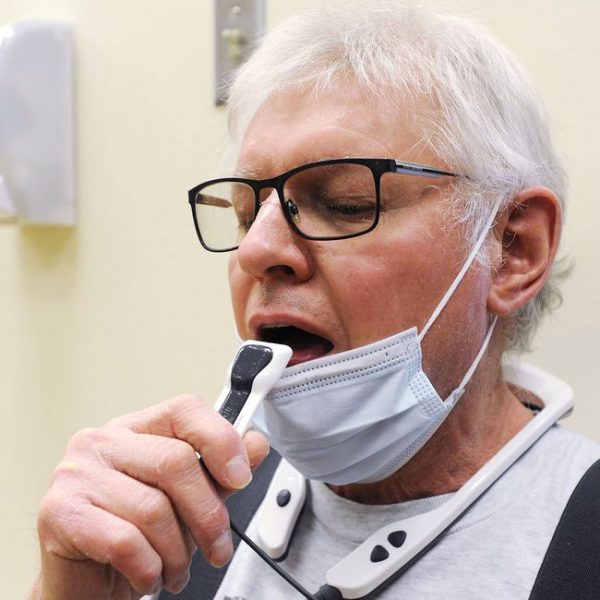
Customized Care
“Though filled with hope when first learning about PoNS®, I had convinced myself to take the ‘wait and see’ approach.”
“Then I found Novah Healthcare, with Clinic Director Dr. Trung Ngo and Resident Physiotherapist Asha Chaudhary. Their altruistic approach and flexibility to my availability were amazing. As a result of the customized program they put together with the PoNS® device, there was significant improvement in my gait.”

Carole Pirckle
“I was diagnosed with MS 8 years ago. After my diagnosis, I couldn’t do much, most of my days were spent on the couch. I knew I needed to do something to help me be able to walk. I learned about PoNS through an email from the MS Society and decided to give it a try.”
“Although the therapy was a commitment, and my 14-weeks occurred over the holidays, it gave me incentive to try harder. The exercises were easy to follow and complete at home. Thanks to PoNS® I am looking forward to walking to my daughter’s house which is close by.”

Helpful Resources
Find a Clinic
PoNS® is administered by physical therapists who have undergone specific training.
Find the clinic closest to you.
Questions to Ask Your Doctor
Ready to talk to your physician about PoNS?
Download our guide to talking to your doctor.
REFERENCES
- Tyler ME, Kaczmarek KA, Rust KL, Subbotin AM, Skinner KL, Danilov YP. Non-invasive neuromodulation to improve gait in chronic multiple sclerosis: a randomized double blind controlled pilot trial. J Neuroeng Rehabil. 2014;11:79.
- Leonard G, Lapierre Y, Chen J-K, Wardini R, Crane J, Ptito A. Noninvasive tongue stimulation combined with intensive cognitive and physical rehabilitation induces neuroplastic changes in patients with multiple sclerosis: a multimodal neuroimaging study. Mult Scler J Exp Transl Clin. 2017;3(1):2055217317690561.
- Helius Medical, Inc a Portable Neuromodulation Stimulator (PoNS) Real-World Evidence Study August 2, 2020.
